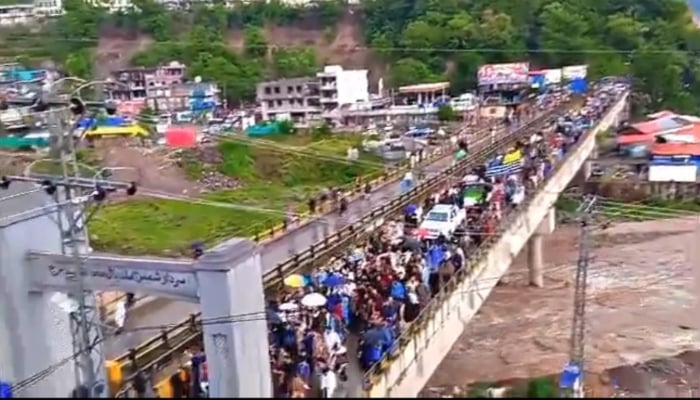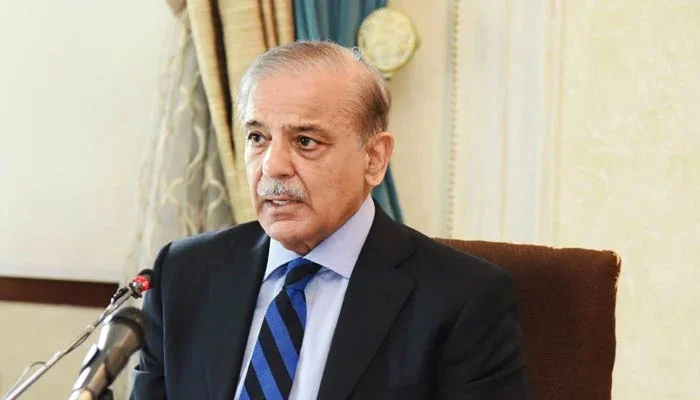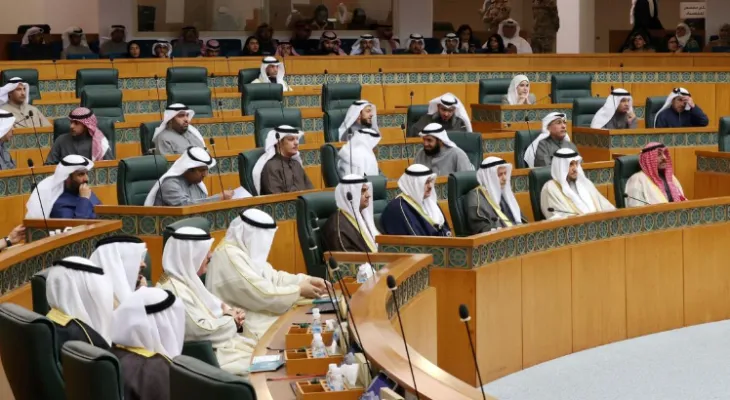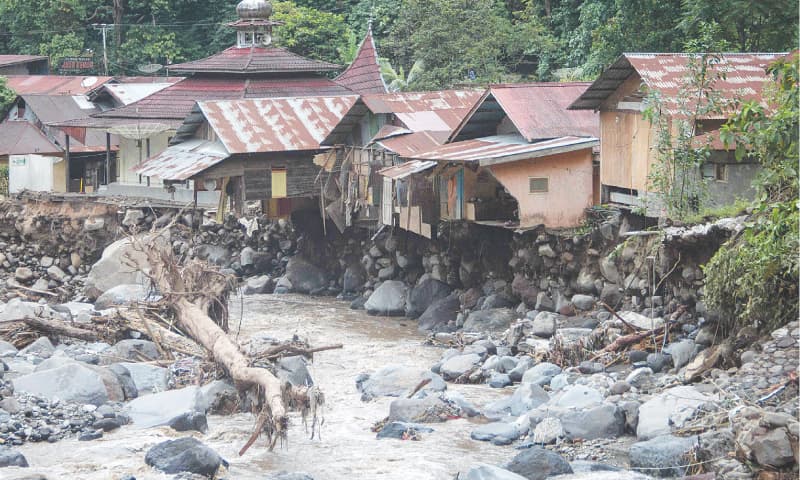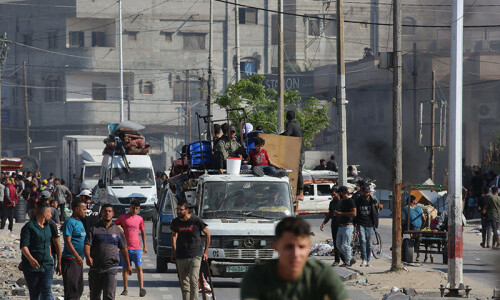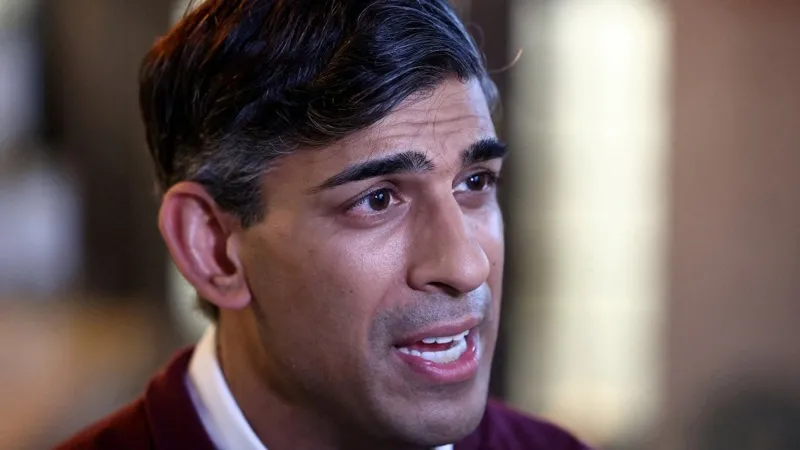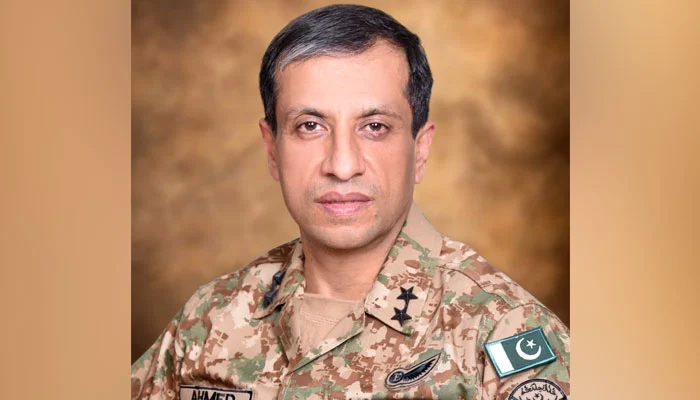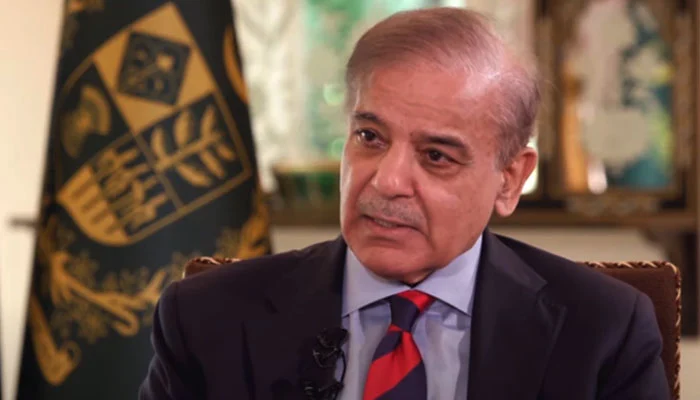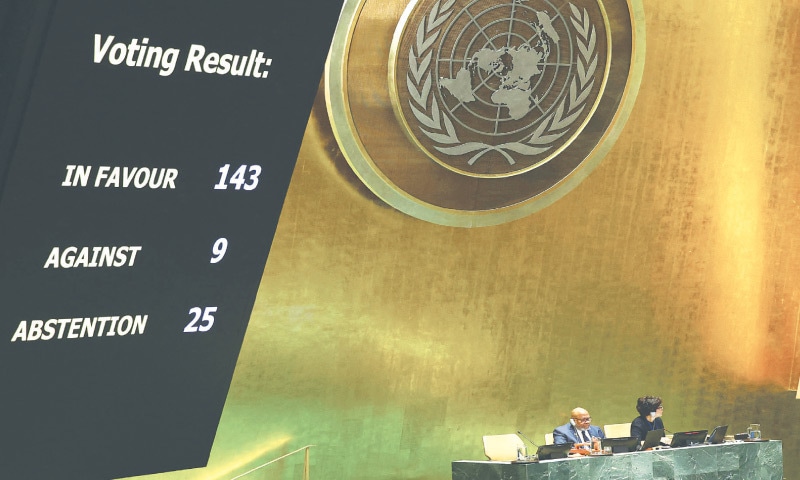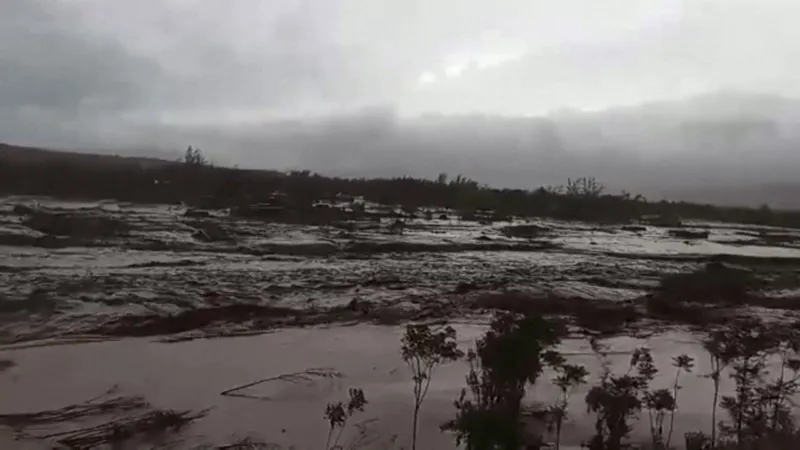MUZAFFARABAD: A long march led by the Awami Action Committee (AAC) left for Azad Jammu and Kashmir (AJK) capital, Muzaffarabad, on Monday as the wheel-jam strike against inflated electricity bills and taxes entered its fourth day.
Protestors have already staged sit-ins, closing Kohala–Muzaffarabad Road at several locations. The road stretches 40 kilometres and links Kohala town with Muzaffarabad in AJK. The protesters are expected to take the same road from Dhirkot to reach the capital.
The government of AJK called in the Rangers and AJK police after clashes between the police and protestors erupted in Mirpur during demonstrations that killed a cop and injured more than 70 others.
Heavy contingents of police have been posted at roundabouts and sensitive locations, while markets, trade centres and educational institutes remain closed, while transport is suspended.
On the flip side, Prime Minister Shehbaz Sharif has convened a high-level meeting on Monday to discuss the ongoing situation in AJK as the negotiations between the protesters and the state government ended in a deadlock.
Expressing deep concerns over the violent clashes between the AJK police and the protesters, PM Shehbaz on Sunday said that there should be “absolutely no tolerance for taking the law in one’s own hands”.
The premier further said that he had spoken to AJK Prime Minister Chaudhry Anwarul Haq and also directed all Pakistan Muslim League-N office bearers in AJK to talk to the leaders of the action committee.
“I urge all parties to resort to peaceful course of action for resolution of their demands. Despite best efforts of detractors, the matter will hopefully be settled soon.”
As part of his efforts to calm down tensions, President Asif Ali Zardari urged all the stakeholders to exercise restraint and resolve the issues in AJK through dialogue and mutual consultation.
He stressed that the political parties, state institutions and the people of AJK should act responsibly so that hostile elements could not exploit the situation to their benefit.
The president highlighted that the demands of the people of AJK should be addressed as per law, adding that he would take up the grievances of the people of AJK with PM Shehbaz to find a way out of the current situation.
The president regretted the current situation and offered condolences over the unfortunate death of the police officer and prayed for swift recovery of all those who were injured in recent clashes.
As part of his efforts to calm down tensions, President Zardari urged all the stakeholders to exercise restraint and resolve the issues in AJK through dialogue and mutual consultation.
Meanwhile, the central leadership of the AAC has distanced itself from the violent incidents that occurred during the protests.
One of the AAC members, Sajid Jagwal, said their movement was peaceful. He said that they had been sitting for two days and no incident had happened.
Another member, Tauseef Mansoor, said that the committee had nothing to do with the two to three incidents that had happened during the protests.
Anjuman Tajran President Sahabzada Waqas said that the protest was not against the state or any institution. “This army is ours and this country is ours. We are neither against the army nor against Pakistan or any other institution,” said the president.
The AAC called for a shutter down and wheel-jam strike across the state to protest the electricity price hike and taxes. However, the situation escalated as the protestors and police clashed.
A sub-inspector was killed while dozens other policemen and protesters also got injured during the teargas shelling by the police and stone pelting by the demonstrators.
The violent protesters damaged multiple vehicles, including a magistrate’s car at the Poonch-Kotli road. Moreover, markets, trade centres, offices and schools and restaurants remained closed across the AJK.
Police also launched a crackdown against the protesters after the events of violence, arresting dozens of individuals in the AJK capital.
A day earlier, the government also suspended mobile phone and internet services in different parts of AJK including Bhimber and Bagh Towns.
Meanwhile, in Mirpur, all the mobile networks and internet service had been suspended.


